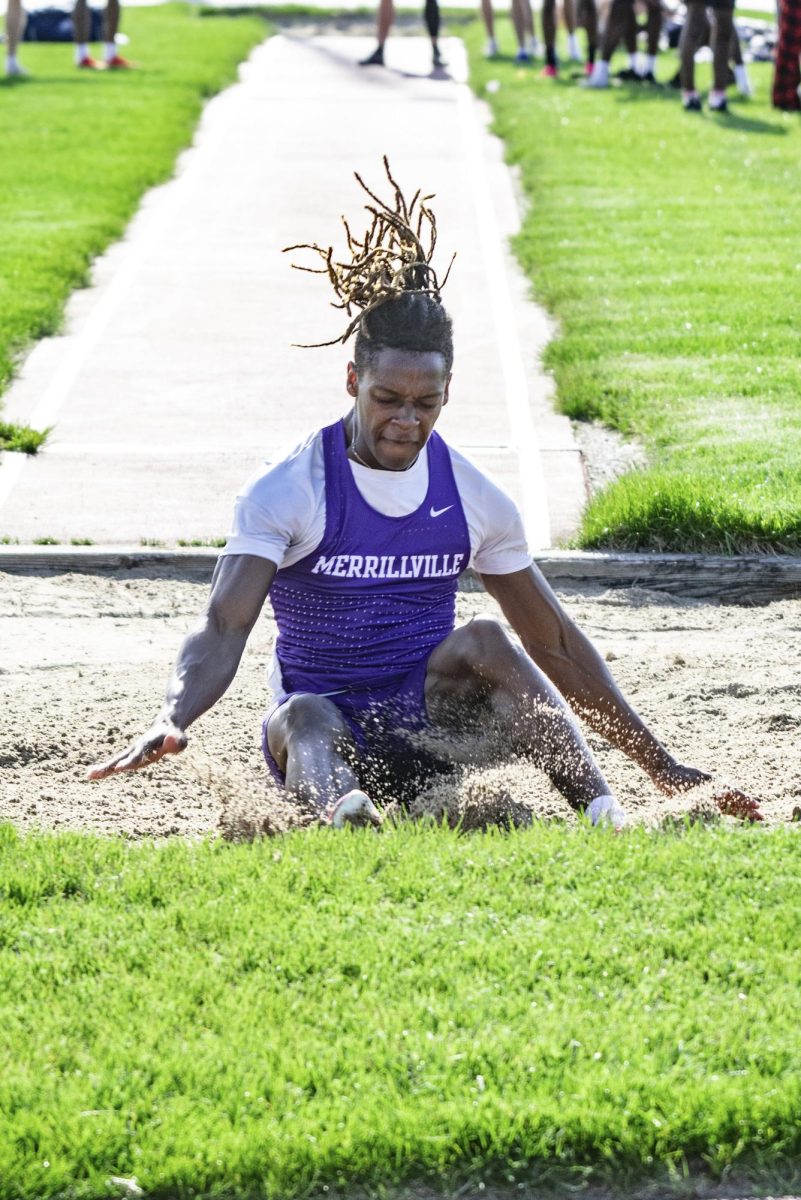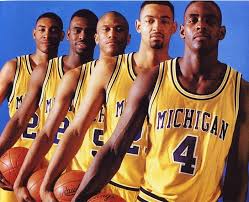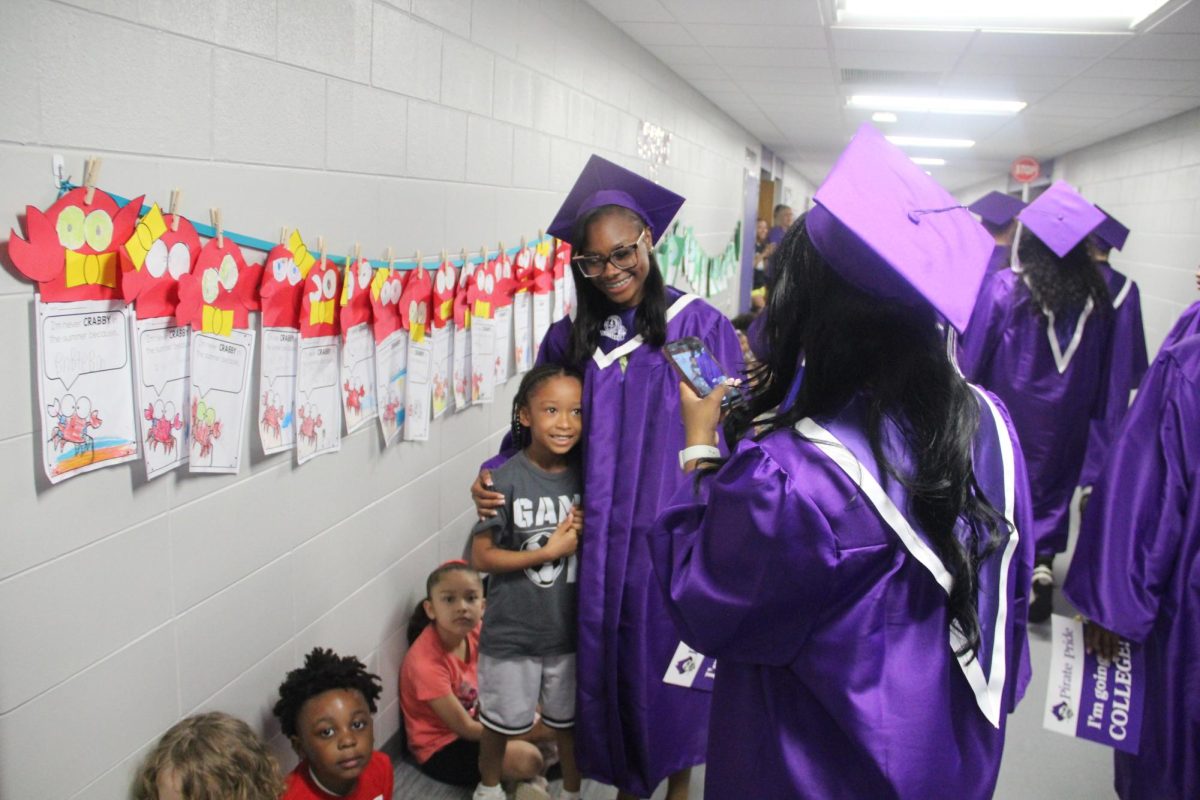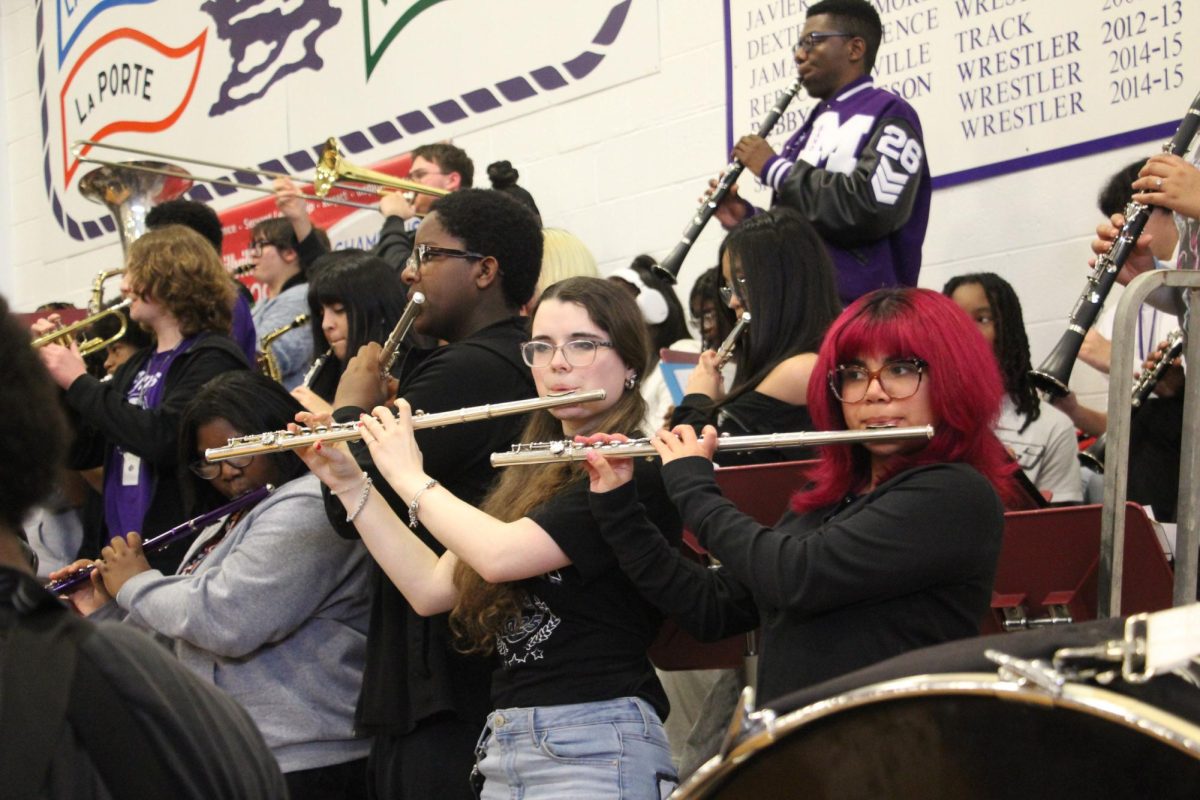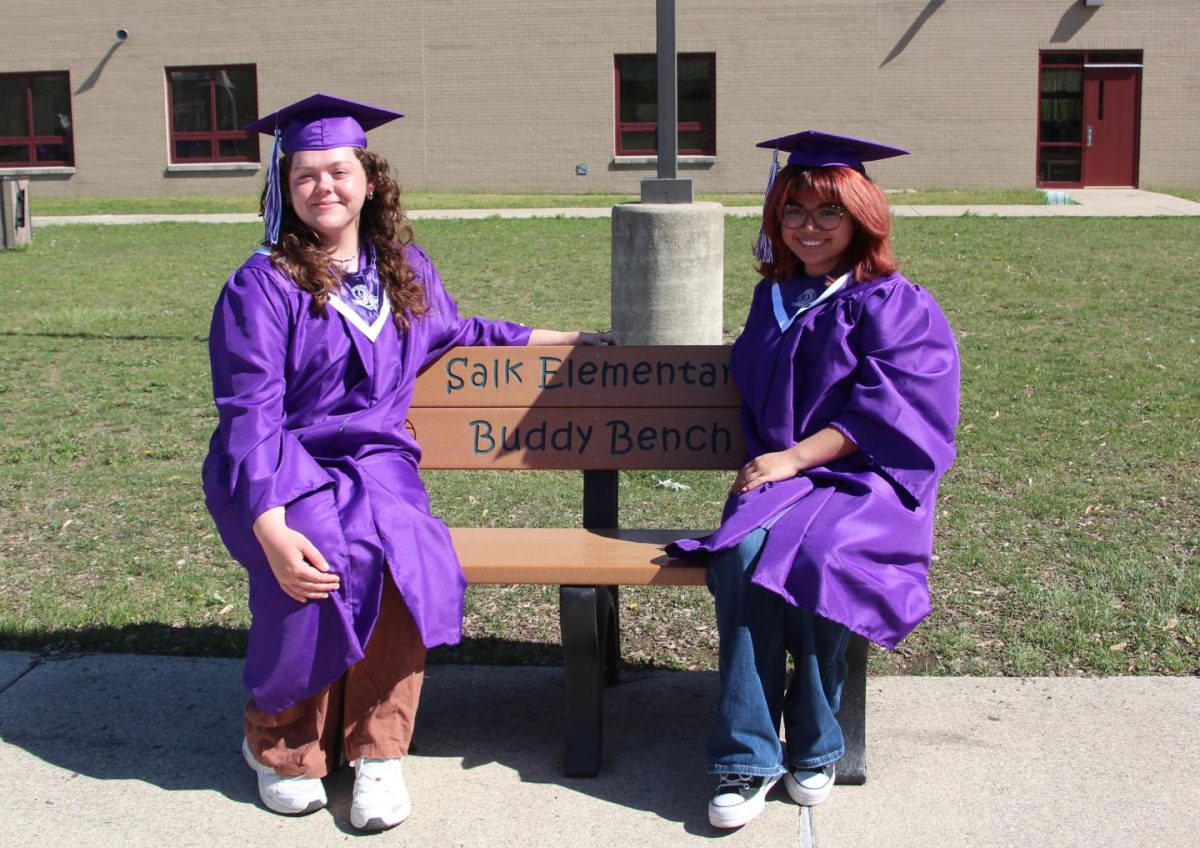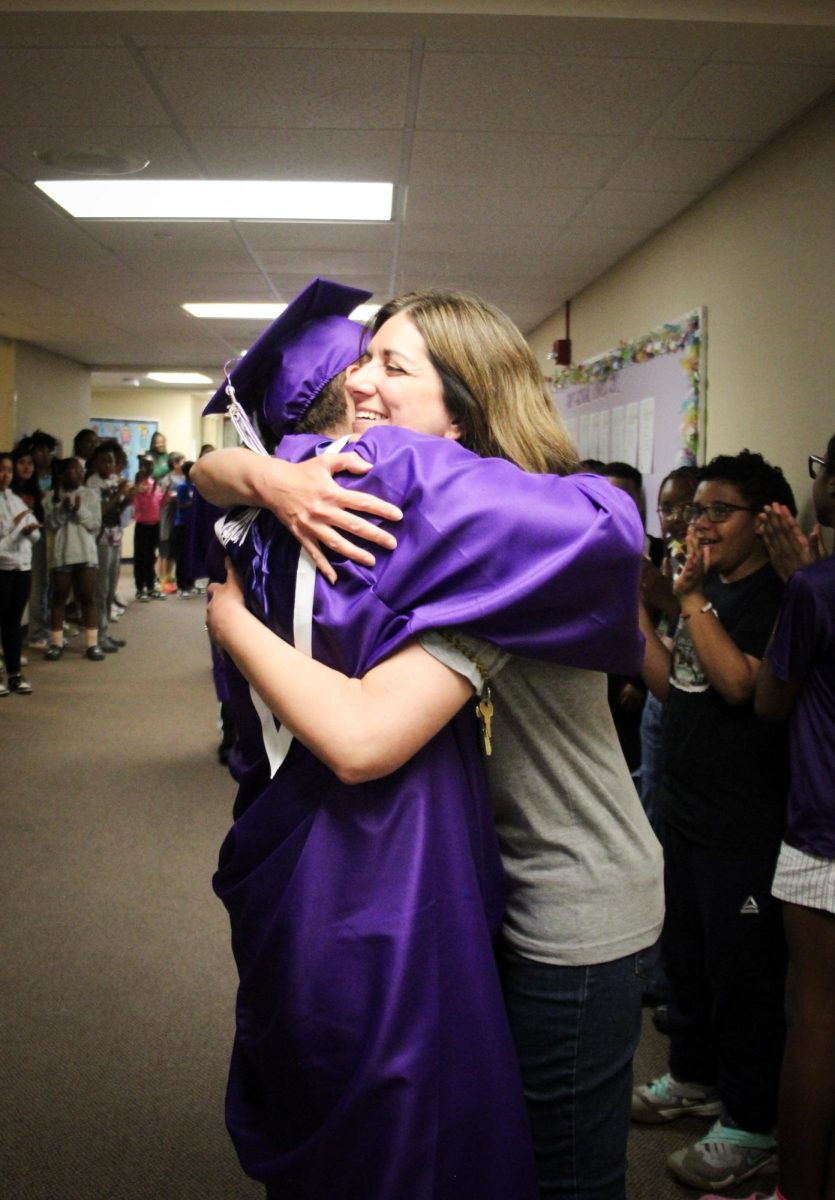The countdown to burnout starts the moment you get to high school. No matter how motivated you are, you are prone to burn out. But how you decide to deal with it is what makes or breaks your academic career.
Many high school students begin to feel tired of constantly studying hard to keep up with their overflowing workload. Being enrolled in multiple difficult courses that require hours of studying every night can increase the rate of burnout.
“Each student’s life is different, however, when the student is trying to balance too many obligations, their bodies can feel that stress physically, emotionally and or psychologically,” said Dr. Carol Dahlen, a social worker at Merrillville High School.
Many students who burn out quicker are those who are taking multiple AP or honors classes. Those classes can pressure the students and make it seem like too much work to balance.
“…know what you can handle and what you can do well,” said Mrs. Veronica Maldonado, a MHS guidance counselor. “It’s better to do a handful of things really well than too many things that you don’t do well in and that you can’t participate in”.
The reason students challenge themselves with these classes can stem from different places.
“Obviously, there’s the whole thing with wanting to make your parents proud and you want them to be happy,” said Yaretzi Carillo, a top student at MHS. “I think also for me, the grades itself motivate me”.
Students can be their own worst critics at times. They can often put pressure on themselves and burn out faster when they fall behind.
“It could be internal, kids are just really self-motivated and they’re constantly striving to do their very best,” Mrs. Maldonado said. “It’s okay to always try and put that best foot forward, but I think it’s also okay to know that sometimes we are going to stumble”.
Dealing with academic disappointment can really hurt those students who want to be perfect. Most of the time, the reason the coursework is challenging is because they have to divy up their time between different activities and their schoolwork.
“Most teachers try to lecture through the whole class and then we get 10 minutes to do the work,” said JaMaelyn Sanders, who is involved in multiple clubs and sports at MHS. “The main struggle is trying to sit down and literally look at it and take time because I’m in a lot of extracurriculars”.
Having to study and do homework for every class every single day can be draining. Oftentimes, students want a break, so they don’t do work for one day. That mistake can cause them to slip deeper in the rabbit hole of burn out.
“… I know as soon as I fall behind I’m stuck,” Carillo said. “I have to stay on top of everything and make sure that I get my stuff turned in on time”.
Wanting to maintain perfect grades can be a self killer. One mistake can tank your whole grade and once that mistake gets made, it’s hard to stay motivated.
“Sometimes we’re not going to get that A,” Mrs. Maldonado said. “We’re not going to get that perfect score and that’s not necessarily a reflection of your quality or self worth”.
Making a mistake can take a toll on those students who want perfection. Knowing how to take a step back from focusing on academics and ease your mind can prevent from slipping to burnout.
“…coming back from burnout or being overwhelmed for long periods, is about allowing ourselves to ‘repair’ and ‘replenish’,” Dr. Carol said.
Getting support from those who are actually giving out the work can help more.
“The tone that a teacher has in their classroom with students can make or break a kid,” Mrs. Maldonado said. “Maybe the teacher has said, ‘you’re an honors or an AP kid, you should be able to figure this out on your own’. That can add to the pressure and that sense of burnout if a kid is constantly trying to teach a goal but may fall short”.
At the end of the day, being able to take time to yourself after stressful days can help push away burnout.
“I take a shower and try to get my mind off of things that happened in the past or what’s upcoming,” Sanders said. “I try to uplift myself too by saying, ‘Hey, you’re doing great. There’s a lot of people that can’t do this, but you are doing it now’.”.
Students can always come back from this feeling of helplessness. Tackling an academic comeback alone is difficult and it may prove to be easier if you talk to someone about it.
“Don’t just ignore it because like anything it can snowball and you want to know that there are people in your corner to help you through those things,” Mrs. Maldonado said.






